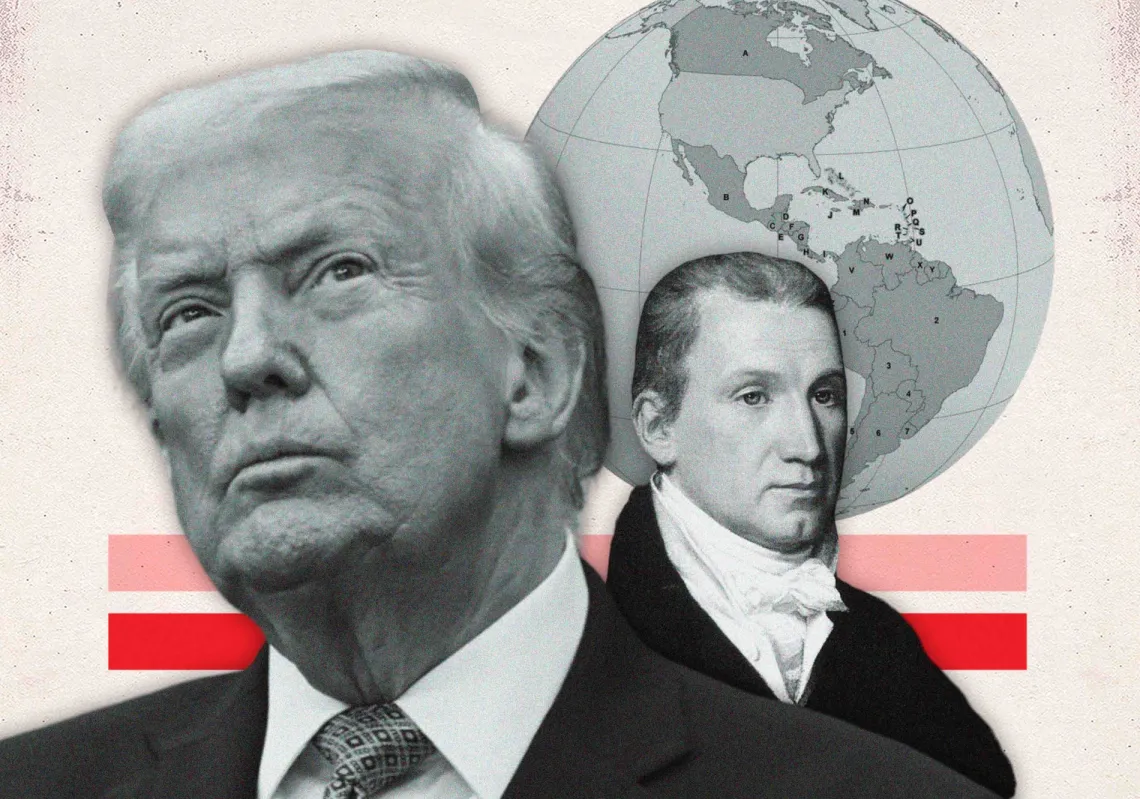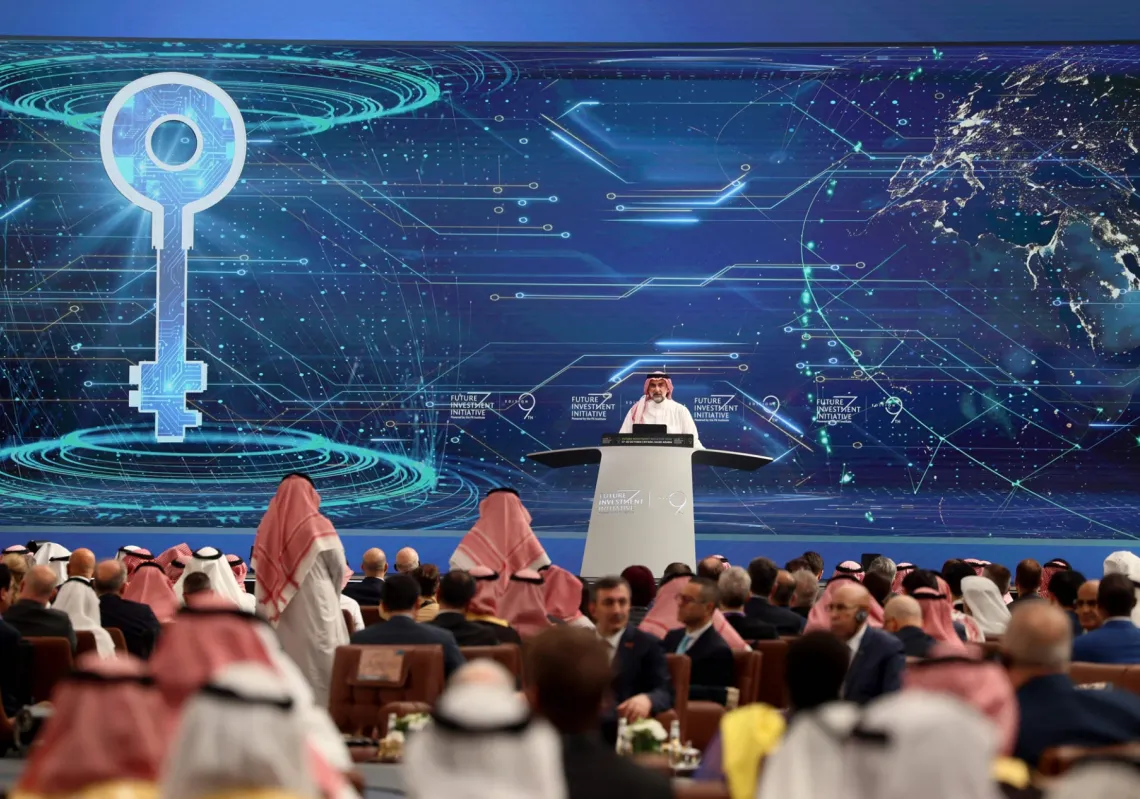
Production year: 2010
Country: Rest of the world
Runtime: 138 mins
Directors: Rachid Bouchareb
Cast: Jamel Debbouze, Roschdy Zem, Sabrina Seyvecou, Sami Bouajila
Suffering from a tendency to extreme cliché and over Hollywoodization, Outside the Law does not do justice to the history of the Algerian rebellion against French colonial rule.
The movie seems more intent on being a combination gangster/mafia film, with gratuitously extensive shootouts and faux nightclub tableaus than a serious effort to illustrate both why the revolutionaries were fighting and what they were fighting for.
The actors do their best with a screenplay that simply does not allow them to become believable individuals with the nuance, complexity and spontaneity that personhood entails. Too often they feel like caricatures of revolutionaries—going through a standardized and predictable stream of ‘revolutionary’ experiences and challenges.
The film is often disjointed both temporally and in plot structure and many of the film’s scenes do not come together into a coherent whole.
The opening scene, depicting a major injustice of colonialism—the theft of land—is where the film shows its greatest promise although it too suffers from the didacticism which mars much of the film—and the injustice which it protests is never further explored meaningfully.
The camera captures the dignity, remoteness and austerity of a simple peasant family’s life and the collusion of a local Algerian administrator in the French theft of their home and land. The sting of their loss, its swiftness and brutality, and irrevocability is palpably felt.
The film’s director made the extraordinary film, Indigenes, (Days of Glory) released in 2006, which prompted Jacque Chirac to correct a major injustice in the form of finally addressing the discrimination that Arabs who fought with the French military against the Nazis faced after World War II: The French state provided them with pensions a fraction of those received by French soldiers. A deeply humanistic film, Outside the Law lacks the depth, verisimilitude and moral maturity of Indigenes.
Instead, there are lots of guns, exploding cars, bombastic music and predictable and often glib conversations about revolution and submission that are flat and don’t ring as genuine.
One strong element in the film is its portrayals of the way in which any revolution—even one with an ultimately just cause such as self-determination of an oppressed people—can become morally corroded.
Internal division, excessive use of violence—because violence has become a normalized way of dealing with grievance—and an authoritarian and totalizing tendency that brooks no dissent and cannot tolerate those aspects of life—like love and individual identity—that do not fit so comfortably with the visions and needs of revolutionaries singularly pursuing one goal, all are depicted extensively and sometimes persuasively.
This film has been criticized in France for depicting the French government and security forces unfairly and too harshly. This seems to be an unwarranted critique. To the film’s credit it is not a propaganda piece and it does not shy away from the dirty truths of revolutionary struggles: innocents are murdered, morality is often trampled upon, and the road to national liberation is neither innocent nor pure and involves its own injustices.
Quite fairly and accurately, the film does not give the French security forces a free pass either and depicts their use of torture, arbitrary arrest and detention, and other gross violations of human rights and human dignity in a manner that is not biased nor is it hateful or excessive.
It successfully shows the failure of moral imagination of the French who suffered under occupation during WWII to appreciate why the Algerians would wish to be free of colonial rule. Its scathing critique of the hypocrisy and double standards of the French state with its values of equality, liberty, and fraternity—purportedly universal but really limited to the French and applied in a transparently discriminatory and unjust way, is important and resonant.
[inset_left]It does not romanticize violence although it does fixate upon it[/inset_left]
Although Outside the Law is a flawed work it does enable a conversation about colonization and the suffering and violations it sustained, as well as the exploitation, oppression and denigration of human dignity at its core.
The film does not touch upon the Algerian civil war which followed three decades after Algeria won its independence, but it is undoubtedly hard to watch the film without recognizing that self-determination does not guarantee moral decency, peace, and genuine freedom.
Algeria did not become a democracy which respected the human rights of its citizens when it won its independence and over 100,000 Algerians—including thousands of civilians—were killed during its civil war.
In many ways this a film about multiple tragedies and failures—not necessarily equal in extent or in moral character and understandably sympathetic to Algerian efforts to gain independence from France.
But it is not a facile triumphal tale of national liberation and it does not romanticize violence although it does fixate upon it.
It offers caution against the idea that the ends justifies the means—an idea that corrupted both French and Algerians and led to horrific violence which obliterated the principle of the sanctity of human life.
There are no real and easy victors in this film. Power corrupts the oppressors and the oppressed and morality and human decency are sacrificed by all on the altars of nationalism—whether of the liberating type enabling national self-determination or the corrupt and oppressive type of the French state’s refusal to relinquish control of Algeria to its people.
Although the fixation on shoot outs and graphic violence detracts from the film it is a constant reminder that in this struggle blood is spilled everywhere, of innocents and of the guilty alike.








